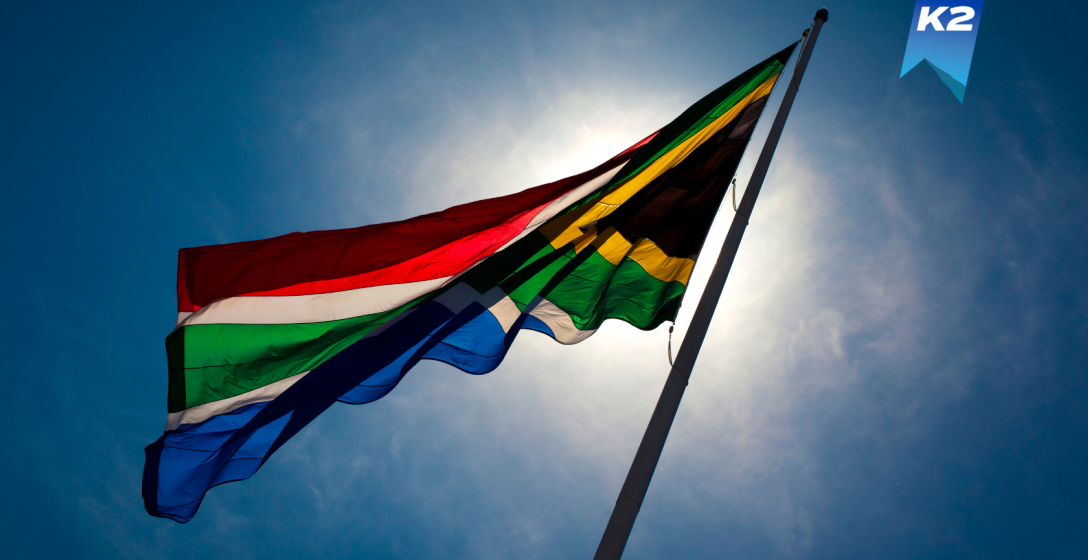State of the Nation Address
South African President Cyril Ramaphosa outlined his Government’s key policy objectives and deliverables for the year ahead in the State of the Nation Address last month.
In the address, he set about highlighting achievements, flagging challenges and identifying interventions to unlock development. Some of the deliverables, if executed successfully within the given timescales, could mean major growth for the South African economy in 2022. Something many international companies will be watching and engaging with closely.
Infrastructure investments and enhancements
The Infrastructure Fund, a R100 billion allocation from the Treasury over 10 years, has been earmarked to kick start infrastructure projects, which would in turn support the growth of the economy and enhance career and job prospects.
Energy supply, maintenance of roads and water management were flagged as priorities, along with improved transport networks and telecommunications services.
The rapid deployment of broadband infrastructure across all urban areas, is just one of a number of actions planned to boost the country’s technological development, making faster broadband accessible to more people and reducing the costs of digital communications.
Mobile telecommunications is also being targeted, with communications regulator ICASA due to be commencing the auctioning of the high frequency communications spectrum imminently.
Inefficiency in ports will also be addressed through procuring additional equipment and implementing new systems to reduce congestion. The hope is to have private partnerships in place at both Durban and Ngqura container terminals by October 2022.
Numerous new smart city projects have been commissioned by the government and are at varying stages of realisation. This turn towards technology driven cities, will help to accelerate the move away from apartheid spatial planning, and create eco-friendly hubs where best practices in urban sustainability can be supported by innovation.
Immigration and visas
Ramaphosa acknowledged in his address that “the ability to attract skilled immigrants is a hallmark of a modern and thriving economy”. To that end the South African government has made a commitment to streamline and modernise the visa application process to make it easier to travel to South Africa for tourism, business and work. This may also facilitate inbound mobility of overseas talent – positive news for businesses looking to expand in this market, and workers with aspirations of relocating to South Africa.
An eVisa system has been launched in 14 countries, including China, India, Kenya and Nigeria. Eligible citizens are able to apply through the simple South Africa eVisa application online.
A review of the work visa system is also underway, exploring the possibility of new visa categories that could enable economic growth, such as a start-up visas and a remote working visas.
Critical Skills List
The revised Critical Skills List has been published for the first time since 2014. The list, which was published at the start of February, reflects the skills that are in shortage locally, to ensure South Africa’s immigration policy matches the demands of the economy.
There are 101 critical skills categories in total; new categories include Corporate General Manager for medium or large enterprises, and Director and Chief Executive for enterprises and organisations.
Certain requirements must be met in order to qualify for the critical skills work visa:
- Your occupation must be on the Critical Skills List.
- A firm job offer has to be in place.
- And, the candidate needs to have the right qualifications and experience
Commenting on these recent changes, K2 Global Immigration Manager Jesper Albrecht said:
“These new visa policies are in line with what we are seeing globally, namely government´s interests in attracting exceptional talent, while also opening for more dynamic visa options such as remote working. Africa remains heavily paper-based in terms of visas, so it is encouraging to see that South Africa is taking a leading role on the continent to simplify and innovate new processes and regulatory frameworks.”
Further demonstrating a commitment to moving away from unduly complicated, costly regulations, a dedicated ‘red tape team’ has been formed. Their main task will be to identify priority reforms for the year ahead and work to unblock obstacles to investment and business growth, simplifying processes relating to property registration, cross-border trade and construction permits.
K2 offer a full suite of immigration services and can quickly identify the best solutions to move your employee around the world on both long-term and short-term assignments, as well as business travel. We ensure policy, governmental and legal compliance, provide application guidance and track applications in real time.
If you want to find out more about how K2 can assist with relocation for South African assignments, or if you need support from our immigration specialists, get in touch with the team today.


